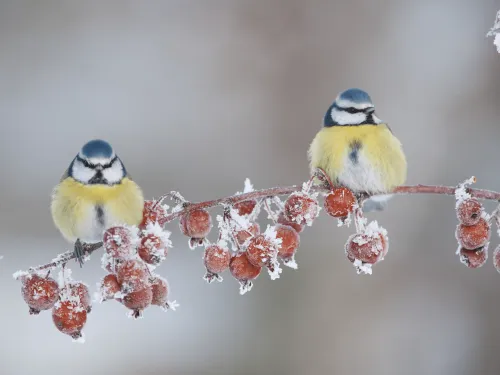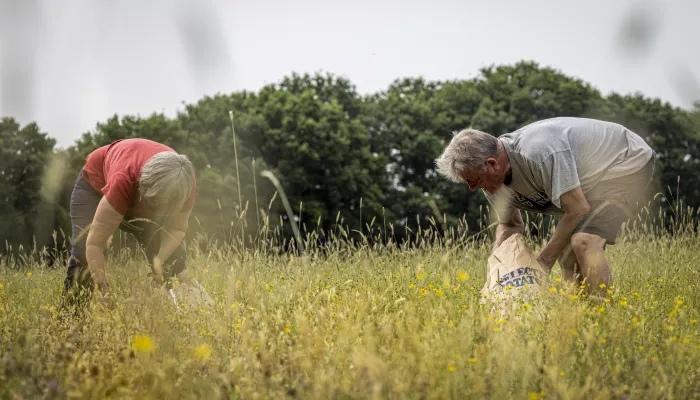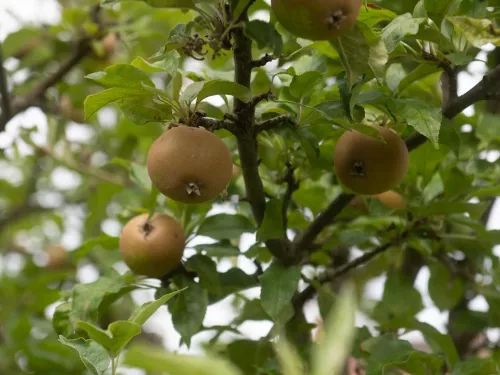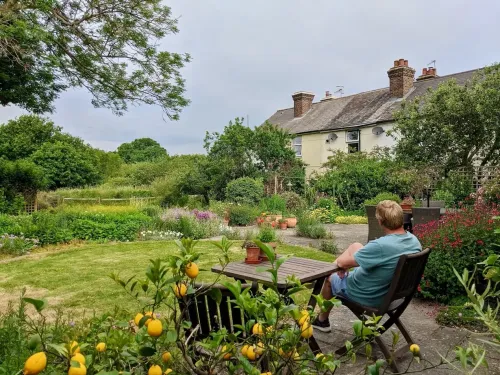
Create a wilder garden this winter
Wilder Gardens Officer, Ellen Tout, talks about her favourite parts of the winter garden and what you can do to make your space a sanctuary for wildlife.


Wilder Gardens Officer, Ellen Tout, talks about her favourite parts of the winter garden and what you can do to make your space a sanctuary for wildlife.

Typically, most gardeners and farmers grow annual vegetable crops. But perennial fruit and vegetables, which grow and produce food for many years, are becoming increasingly popular. Learn why...

Volunteer Wild About Gardens Advisor Penny Brook takes us on a journey through her garden to share how they create a flower-filled haven for both people to relax and wildlife to flourish.